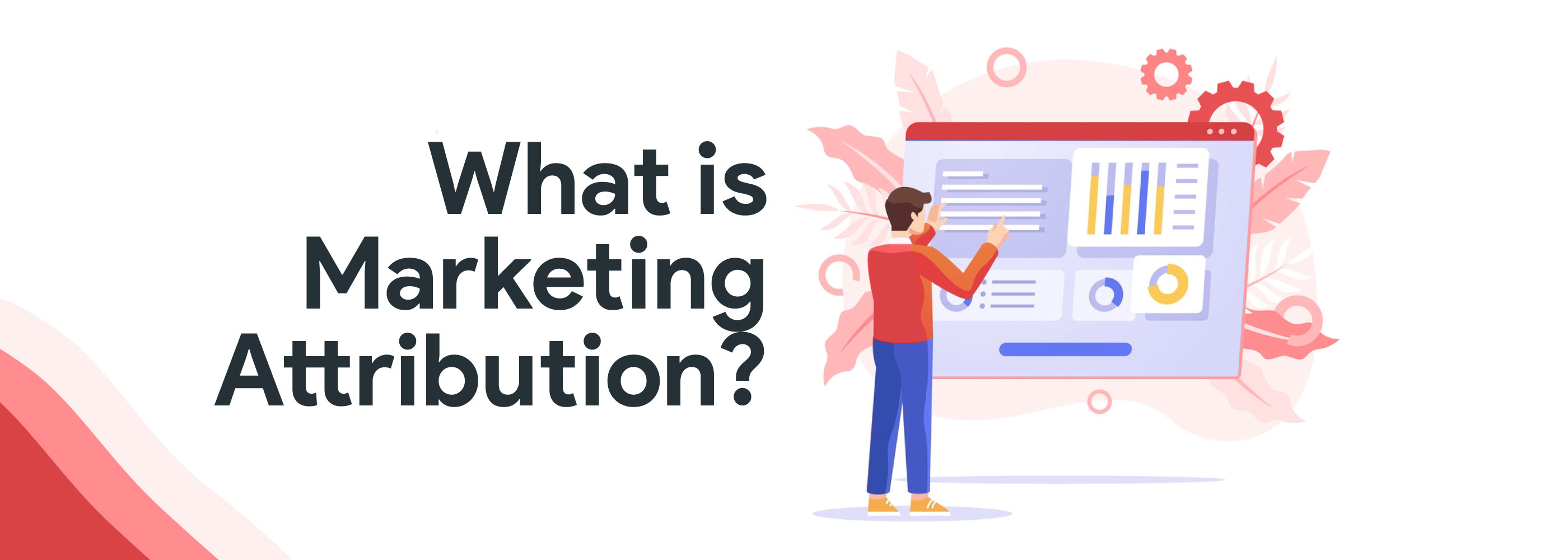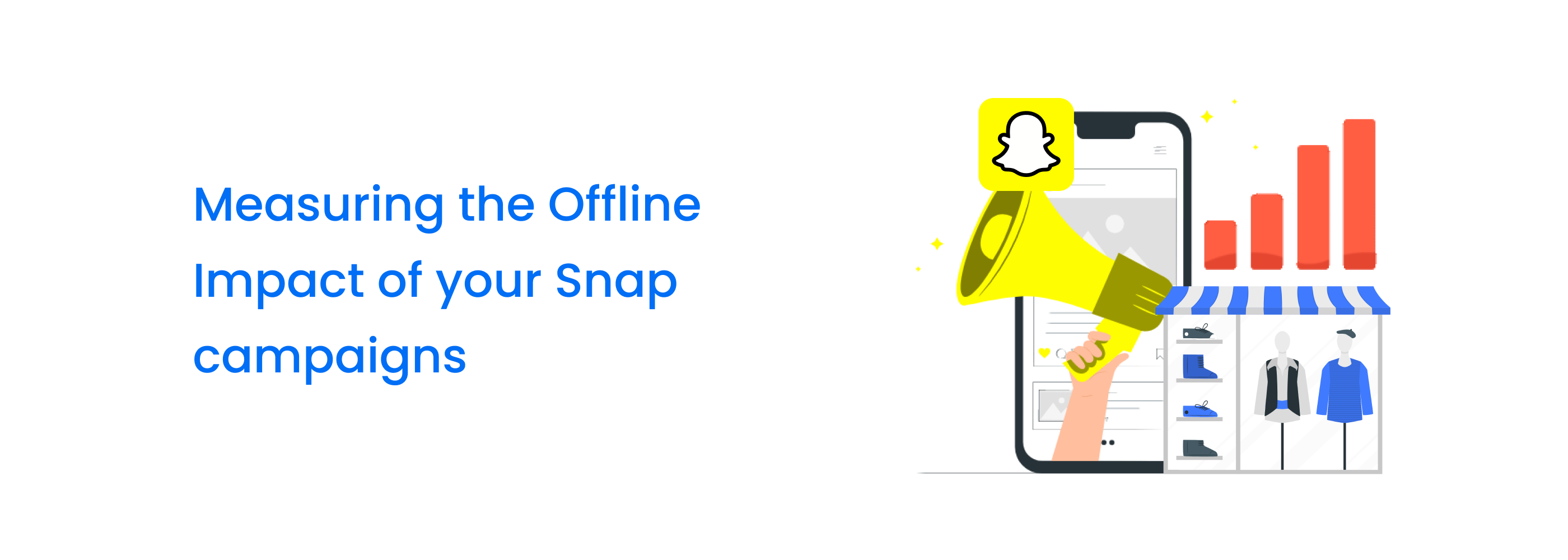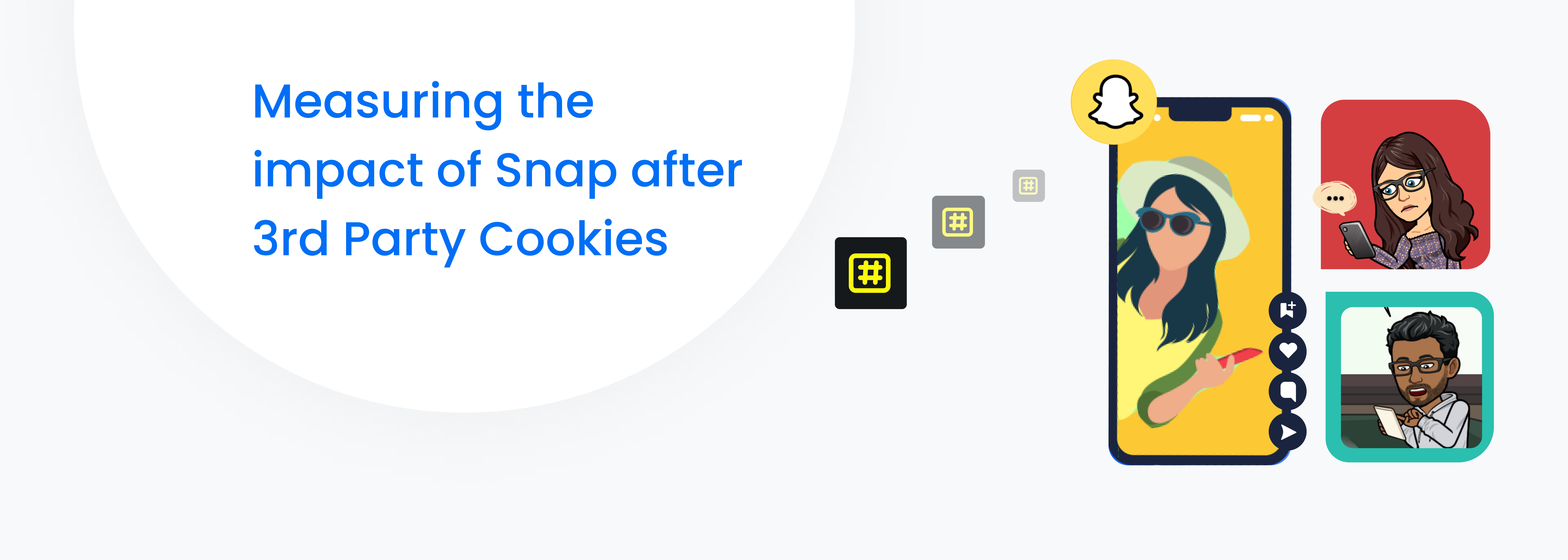What is Marketing Attribution?
Attribution can be identified as one of the primary challenges in marketing today. Online marketing has become complex and marketers are consistently challenged to update their understanding of the subject. Attribution in the marketing world points to three main areas – multi-channel attribution, conversion attribution, and multi-touch attribution. Marketing attribution is the model in which marketers can credit the conversion to a specific marketing touchpoint. Marketing attribution is meant to show specific impact on pipeline and revenue generation. As marketers push to become more data-driven and strategic in their efforts against the educated buyer, they need to tie their campaigns back to what matters most for businesses: the bottom line.
Marketers today have their work cut out for them. The average customer uses 10 channels to communicate with companies, which means the digital marketing landscape is more fragmented than ever. As customers’ expectations rise, so does the temperature in the proverbial kitchen for marketing management.
Research shows that marketers’ top priorities include optimizing the marketing mix for the best return and modernizing their tools and technologies. These teams are also revamping their marketing metrics for a new era. The same survey shows that 41% of marketing organizations are using marketing attribution modeling (e.g., marketing mix modelling, multi-touch attribution) as a measure of ROI.
Attribution supports some of the commonly asked questions…
• What are our customer’s touchpoints with our brand during their customer journey?
• When a customer convers (downloads an eBook), how much credit must be given to the various channels and touch-points that they have interacted with?
• How do various channels influence conversions as a group?
Getting the appropriate answers to these questions is exactly what attribution is about.
While data privacy regulations tighten and the world moves toward a cookieless future, first-party data will become even more important to marketing campaigns. Currently, 52% of marketers are prioritizing the collection of more first-party data from digital experiences due to regulations.
As brands shift to using first-party data, they’re building better relationships with customers, providing more value, and optimizing their marketing campaigns. The deprecation of third-party cookies has made conversion tracking and re-targeting difficult. Turning digital Ads into billboard Ads! We are inevitably headed towards a Cookie-less future, as Apple, Microsoft, and Mozilla have already parted ways with third-party cookies, and soon Google will follow. Some of the most common repercussions that are seen are the loss of signals, lower Ad performance, decreased ROAS, Increased CCPA, and so on and so forth.
Here’s where first-party data steps in to be a life savior as it is the data collected directly from your user base, and is more reliable than other types for predicting and forecasting your audience’s future behavioural trends.
Read more on first-party data here.
















